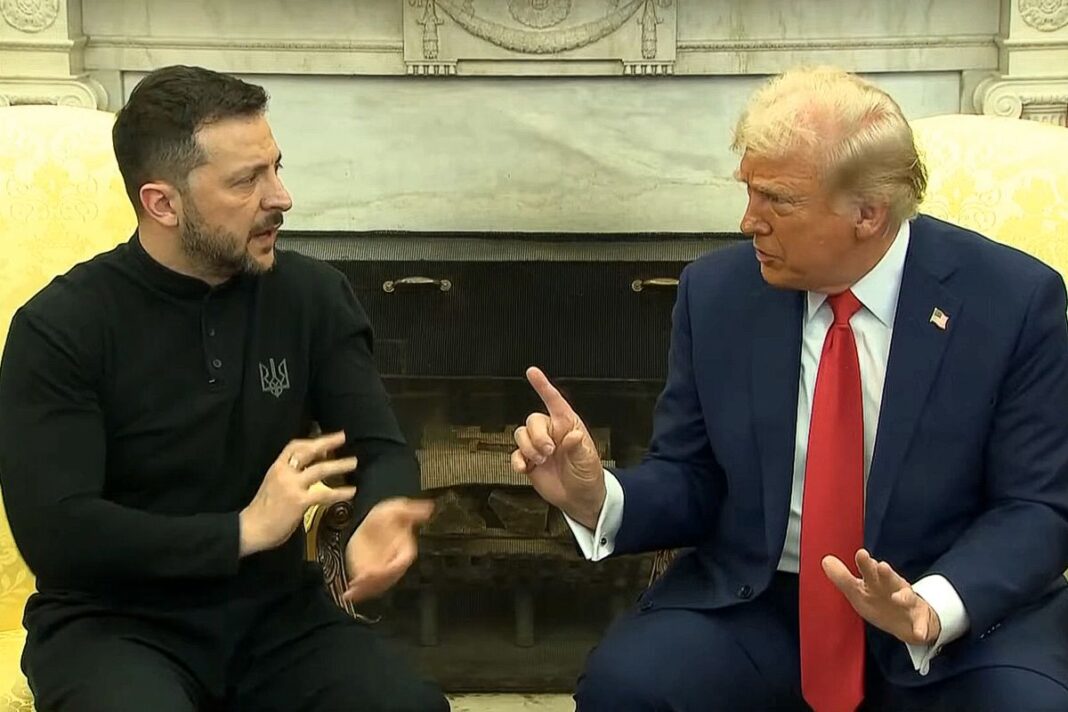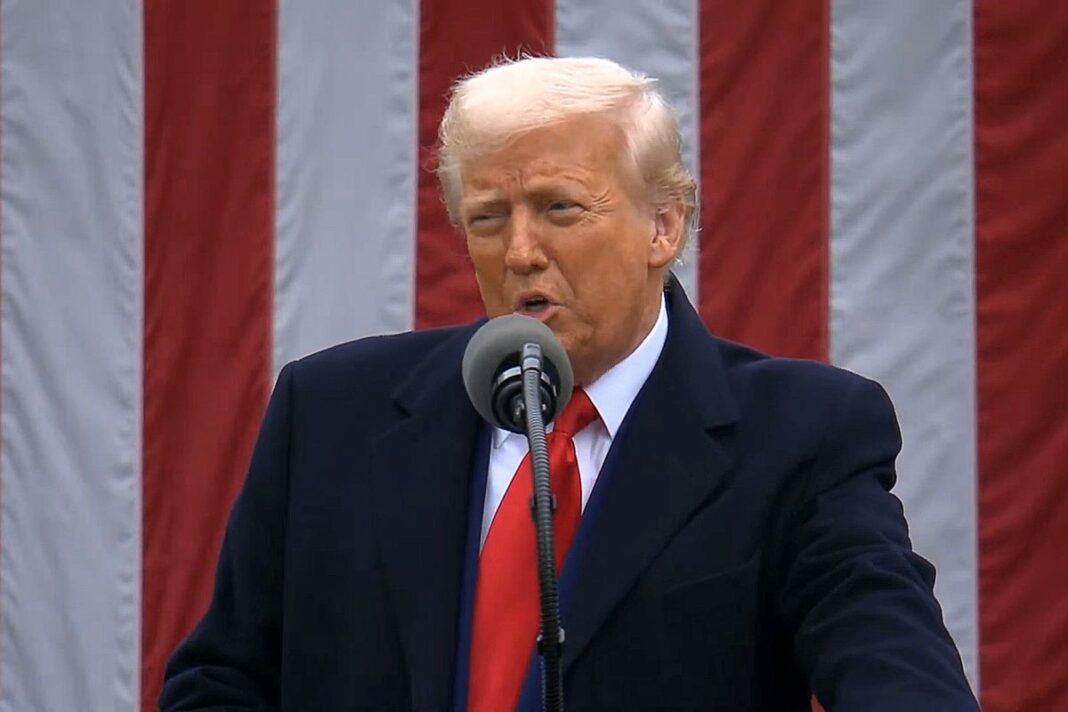Xi Jinping embarked on a charm offensive ahead of Trump’s reciprocal tariffs but political pressure on a Hong Kong company could derail those efforts.
News Analysis
Chinese leaders have held several high-profile meetings with prominent entrepreneurs in recent weeks, in an attempt to encourage confidence among investors. But at the same time, China’s regulators and state media have ratcheted up pressure against a Hong Kong company over its asset sales in the Panama Canal and other ports around the world.
For China observers, the message is clear: under China’s ruling Chinese Communist Party (CCP), private companies inevitably must prioritize political loyalty over their own business interests, whether they’re operating in mainland China or Hong Kong.
CK Hutchison, one of Hong Kong’s most successful conglomerates, has found itself in Beijing’s crosshairs following its March announcement that it is divesting from most of its 43 global port assets, including two ports strategically located at either end of the Panama Canal.
China’s top market regulator said in a March 28 statement that it is reviewing CK Hutchison’s plan to sell its port assets to a U.S. consortium led by BlackRock, citing the need to “protect fair competition and safeguard public interests.”
Adding to the pressure, Hong Kong’s pro-Beijing media Ta Kung Pao unleashed a torrent of critical articles denouncing CK Hutchison’s decision to sell its Panama ports. The Hong Kong and Macao Affairs Office, Beijing’s main representative in the former British colony, amplified this message by re-publishing Ta Kung Pao’s articles on its website, which were featured there for a week.
The latest piece, published on April 1, included comments from Hong Kong lawmakers and city delegates to Beijing’s rubber stamp legislature urging CK Hutchison to demonstrate “patriotism” to China and reconsider the sale.
Originally set for signing on April 2, the sale agreement now faces uncertainty. Multiple Hong Kong and overseas media outlets, citing anonymous sources, reported a potential delay.
According to Lin Bin, a Hong Kong-born political analyst and media personality, this pressure campaign illustrates the long shadow the CCP casts over China’s so-called private sector.
“On the surface, private businesses may appear independent but that’s not the case in reality,” Lin, who now lives in Australia, told The Epoch Times. “When a company becomes a target of the government’s wrath, its decision-making power can be handed over to the state.”
Lin draws parallels to the CCP’s nationalization of private enterprise in the 1950s during its brutal anti-rightist political campaign against Chinese capitalists and landlords. It wasn’t until the late 1970s, as China’s economy teetered on the brink of collapse, that Beijing began easing its control over the private sector, introducing some liberalizing market reforms.
But recent events tell us, “Ultimately, private businesses are under the Communist Party’s thumb,” Lin said.
By Dorothy Li






